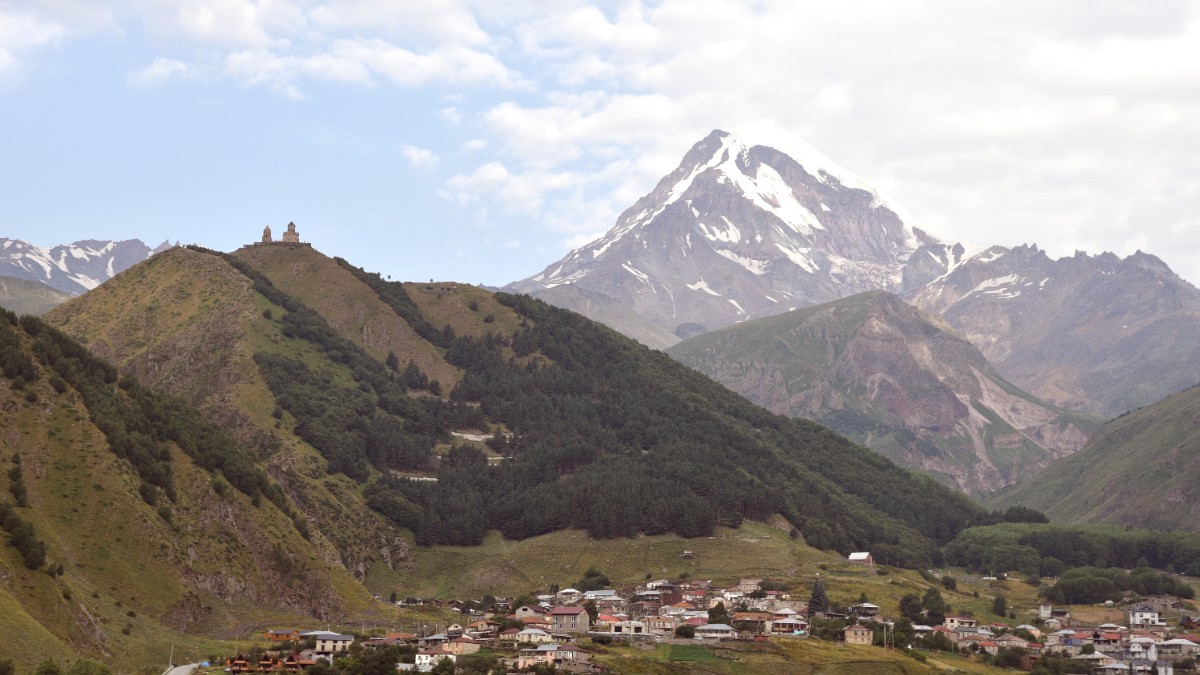
Georgia
Svaneti lies within the Caucasus Ecoregion, a global biodiversity hotspot, with Protected Areas conserving its unique landscapes.
Recycling infrastructure is limited. Minimize waste by choosing less packaging and packing out all trash, especially on hikes.
Mindful use of water is important. Take shorter showers and be conscious of water usage in guesthouses.
Responsible actions ensure the preservation of Svaneti's unique environment.
The Svaneti Protected Areas work to conserve the region's unique ecosystems.
Littering can be a problem in some scenic areas. Practice responsible disposal.
While mountain springs are plentiful, mindful use of water is still important.
Look for guesthouses and tour operators that demonstrate a commitment to sustainable practices.
Consider offsetting your flight’s carbon footprint through reputable programs like Terrapass.
Learn MoreChoose sustainable outdoor gear from companies like Patagonia, and reusable items from Package Free Shop.
Shop NowTravel responsibly to preserve Svaneti’s unique environment for future generations.
Support guesthouses and local initiatives that actively preserve traditional Svan architecture, language, and cultural practices.
Engage with locals respectfully. Learning a few basic Georgian or Svan phrases will be greatly appreciated.
Always ask for explicit permission before taking photos of individuals, especially children.
Dress modestly when visiting churches and monasteries (shoulders and knees covered for men and women).
Your visit directly benefits the local Svan community.
Prioritize family-run guesthouses and eating at local, independent restaurants. This supports local families.
Purchase souvenirs directly from local artisans and small shops. This ensures money goes to producers. Consider The Rainforest Site for ethical goods.
Opt for local guides for treks, buy local produce from markets, and use local transportation services (shared jeeps, marshrutkas).
Integrate sustainable choices into your Svaneti adventure.
Avoid giving money directly to begging children, as this can perpetuate cycles of poverty or exploitation. Instead, support reputable local community projects.
Engage in responsible animal tourism. Do not support activities that exploit animals. Observe wildlife from a distance.
If you wish to help, consider supporting charities that address root causes of poverty or provide educational opportunities.
Respect protected areas and minimize your footprint.
Engage respectfully and support local traditions.
Ensure your spending benefits the local community.